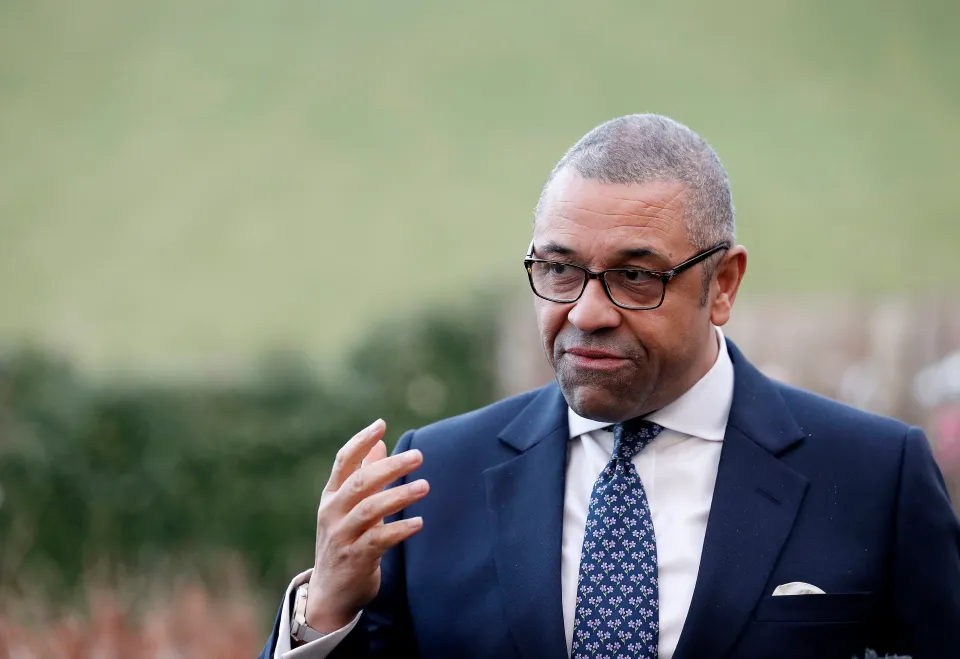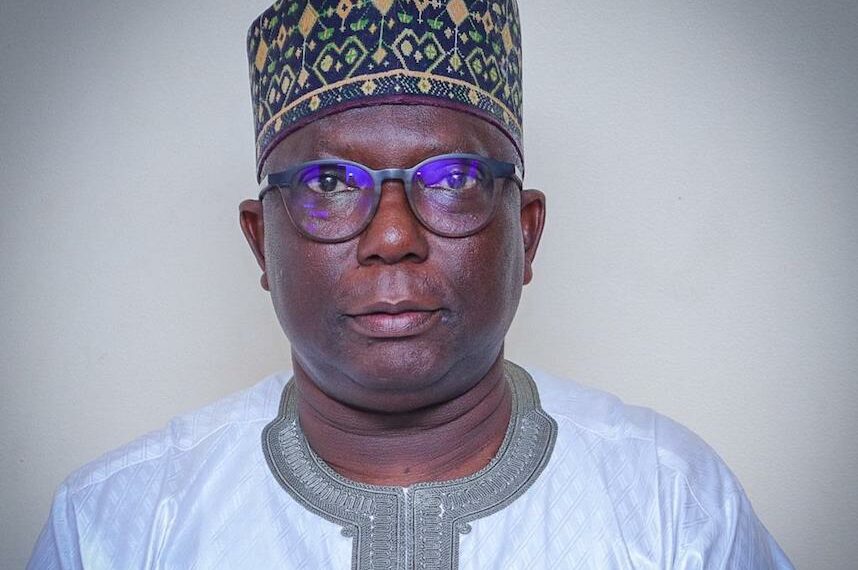UK’s Foreign Secretary, James Cleverly, has officially announced the launch of its programme, Propcom+, which aims to support climate and growth by addressing environmental, social, and economic challenges in the country’s food and land-use system.
A £55 million contract and £2.89 million grant were announced as part of the £95 million Propcom+ eight-year UK International Climate Finance programme aimed at supporting climate-resilient and sustainable agriculture and forestry that benefits people, climate, and nature.
The programme according to him aims to support more than 4 million people, 50% of whom will be women, to adopt and scale sustainable agricultural practices that increase productivity and climate resilience while reducing emissions and protecting natural ecosystems.
Propcom+ builds on the UK Government’s investment in agriculture through the Propcom Mai-karfi programme which ended in March 2022 after supporting over 1.25 million persons with improved incomes through key market reforms and policies that benefitted poor women and men in Northern Nigeria.
Cleverly also highlighted how UK Support would be helping to unlock $210 million of financing from the African Development Bank (AfDB) for participating Nigerian states for the development of critical infrastructure and related activities under the Special Agro-industrial Processing Zones (SAPZ) programme.
Speaking after the event, British High Commissioner to Nigeria, Richard Montgomery, said: “Tackling the effects of climate change and lowering emissions is a key priority for the UK government and we remain committed to building sustainable pro-poor climate-resilient growth in Nigeria through the new Propcom+ programme which will address environmental, social and economic challenges in the country’s food and land-use systems.
“It will do this by working through strategic market actors to increase the productivity of smallholder farmers, improve nutrition and food security, enhance climate resilience, pursue lower emissions, and protect and restore nature, while also tackling some of Nigeria’s underlying drivers of conflict and insecurity.”
The new programme, which kicked off in May 2023, is implemented by The Palladium Group.
The programme has initial focal states in Kano, Jigawa, Kaduna, Edo, and Cross River, where it will deliver climate-smart agricultural interventions to help the poor and climate vulnerable. It will also work in some Southern Nigerian states to address issues around deforestation, to foster sustainable land-use management.
Propcom+’s Political Director and Country Representative, Adiya V. Ode, said: “Propcom+ will work as a market facilitator to identify constraints in market systems and will implement interventions through three broad-based inter-linked pillars.
Pillar one will scale up a focused basket of proven climate-smart interventions around agriculture and primary processing/storage practices/models for adoption by millions of poor and vulnerable smallholder farmers and small-scale entrepreneurs using a market systems approach.
“Pillar two will build, pilot and scale new business models that improve productivity, enhance resilience to climate change, reduce emissions and improve nutrition outcomes and Pillar three will seek to support a strengthened enabling environment for sustainable food and land-use systems through enabling policies.”
The new Propcom+ programme reinforces the UK Government’s commitment to working with the Government of Nigeria to increase the depth of investment in the agricultural sector, this time, helping the vulnerable to build resilience and adapt to the effects of climate change.





